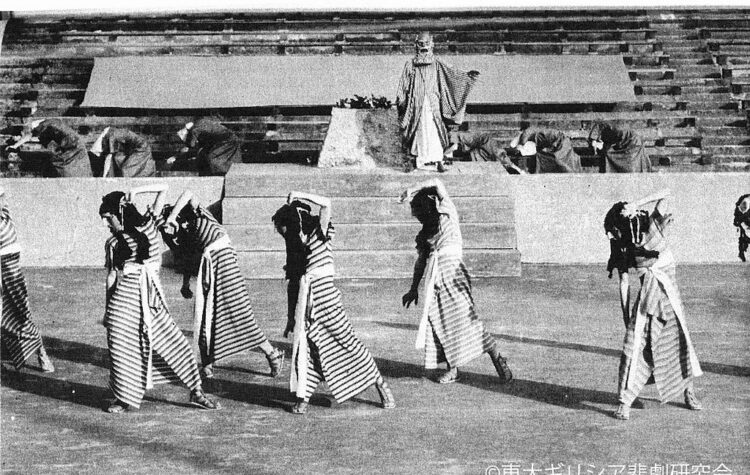The word “comedy” comes from the Ancient Greek word “κωμῳδία” (kōmōidia), which combines “κῶμος” (kōmos), meaning “revel” or “celebration,” and “ᾠδή” (ōdē), meaning “song.”
In ancient Greek culture, comedy referred to a type of play that typically focused on humorous and light-hearted themes, often mocking the social and political issues of the time. However, these plays often contained serious and tragic elements, and the line between comedy and tragedy was often blurred.
Some of the most famous ancient Greek comedies, such as Aristophanes’ “Lysistrata” and “The Frogs,” contained serious themes and undertones, despite their humorous and light-hearted presentation. This blending of tragic and comedic elements was seen as a way to explore and express complex emotions and ideas, and was an important aspect of the theatrical tradition in Ancient Greece.
Therefore, the original definition of comedy in Ancient Greece was closer to what we would now consider tragicomedy in modern English.




4 comments